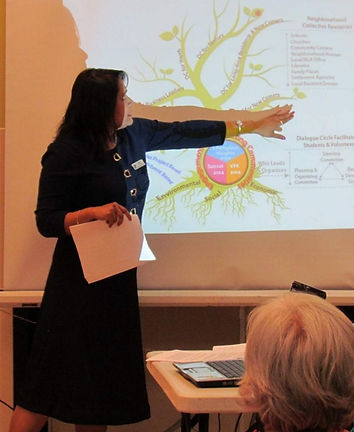By: Koyali Burman
March 7 2022 / Vancouver
Tomorrow is International Women’s Day – a day to celebrate women’s achievements but also an opportunity to voice our concerns for persisting gender inequalities. As the world continues to struggle with the impacts of COVID-19 – and with our reliance on digital technologies at an all-time high – it is the perfect moment to highlight the digital gender divide. The digital divide between those who can access digital technologies and those who cannot remains a big gap. The COVID-19 pandemic not only laid bare existing disparities in digital access, but also widened the gap for many.
Original Article:

